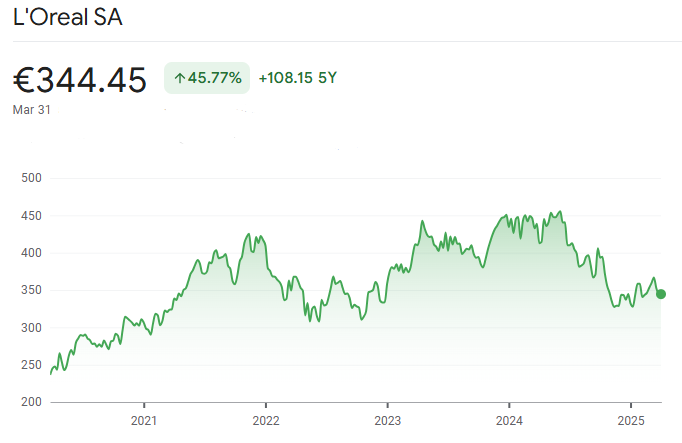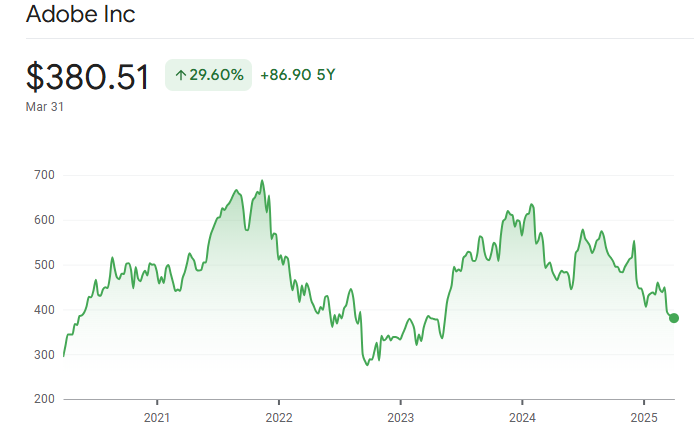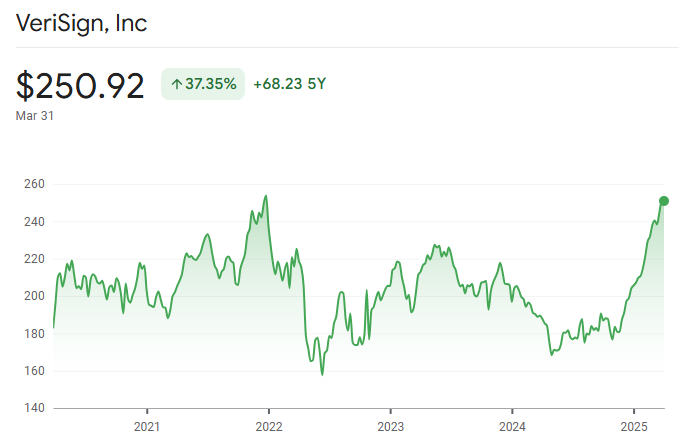Most stocks globally are still expensive in spite of recent market volatility but a few companies have de-rated considerably over the past year, providing fund managers and investors with a buying opportunity.
This is the view of Charlotte Yonge, who was recently promoted to co-manager of Troy Asset Management’s multi-asset funds, including the Trojan fund and the Personal Assets Trust.
She was already lead manager of the £861m Trojan Ethical fund, which recently invested in L’Oréal, Adobe and VeriSign on the back of share price weakness.
“We are seeing select companies, which used to be really expensive, but the market has decided they are either going to be disrupted by artificial intelligence (AI) or weight loss drugs, or perhaps they're exposed to manufacturing, which has been incredibly weak for three years,” Yonge explained.
She remains cautious overall and the Trojan Ethical fund only has 30% of its portfolio in equities but she is taking advantage of “individual rifle shot chances” to add attractively valued stocks. “We're making very small but quite targeted bets on individual companies that are interesting,” she said.
L’Oreal
Troy first invested in L’Oréal in November 2024 at a share price of €325 and a valuation of 25x earnings, which is roughly in line with its long-term average but represents a significant de-rating since 2021, when it was trading at 45x.
Share price performance of L’Oréal over 5yrs

Source: Google Finance, data to 31 Mar 2025
The share price suffered a “fall from the stratosphere” because of L’Oréal’s exposure to China, where consumers have struggled since the Covid pandemic and the country’s economic slowdown has been exacerbated by a property slump, she explained.
Nonetheless, it remains an outstanding company. “What I like about L'Oreal is the consistency of its operating performance. It is exceptionally well run,” she said.
“It is the global leader in beauty but unlike lots of global leaders, which are large and slightly encumbered by their own size, L'Oréal has consistently gained market share because it is incredibly dynamic. It's innovative,” she continued. The culture is “fast moving and really embraces the new”.
L'Oréal remains ahead of competitors by spending more money on marketing (as a proportion of its sales) than any other consumer staples company. “The digital marketing is phenomenal in terms of being innovative,” she noted. For instance, consumers can go into a store such as Selfridges and try on a lipstick digitally rather than having to physically apply make-up testers.
Also, the beauty company has proven adept at acquiring small businesses with pioneering products. “Not only can L'Oreal give them exposure to its global distribution capabilities but the small companies can feed back into L'Oreal and bring that dynamism and entrepreneurial edge, which I think is a real key to why L'Oreal has made those market share gains so consistently. It has never grown complacent,” she explained.
Adobe
Troy recently purchased a small position in Adobe at around 18x earnings. Like L’Oréal, Adobe’s operating and financial performance have been consistent and it possesses a strong brand, but its share price has plummeted since 2021 when it traded on nearly 50x earnings.
Share price performance of Adobe over 5yrs

Source: Google Finance, data to 31 Mar 2025
Tech companies were trading at “unrealistic, very heady multiples” during the pandemic-driven move online, Yonge recalled. “The market got over excited and overly desperate in both directions.”
Adobe has an 80% market share in graphic design software and has invested heavily in functionality, research and development. As a result, its software is superior to competitors and graphic designers want to use it, she said.
The share price has come under pressure due to concerns that AI will displace the need to edit images but Yonge believes graphic designers will still want to use Adobe to edit their content.
“AI is creating more content but it still needs to be edited, so we think in the long run this is a tailwind for a company like Adobe, which is so entrenched and so strong in terms of its usership and the loyalty towards its products,” she said.
“As stock pickers, you look for those points of dissonance where the narrative becomes quite powerful, overwhelming the facts. And for us, the facts are still very compelling. Adobe is continuing to grow in the low teens.
“In a world where there's a lot of turbulence, a company delivering really solid operating performance but on a cheap valuation is quite interesting to us.”
Verisign
Troy initiated a position in Verisign late last spring, then added to it in the autumn at 20-21x earnings – a valuation which Yonge said provides a margin of safety. During the 2021 tech craze, VeriSign got up to 45x earnings.
Share price performance of Verisign over 5yrs

Source: Google Finance, data to 31 Mar 2025
“It's really important for us that we don't lose money and one way to try and avoid that is to make sure you're not overpaying for good businesses,” she explained.
Verisign is the domain name registry business for dot com and dot net. The business is highly regulated so has high barriers to entry. It also benefits from strong pricing power because its clients are content to pay a slightly higher fee each year to keep their domain name. It has 67% operating margins and buys back shares with excess cash, which over the long run has translated into attractive shareholder returns, she said.
Verisign’s operations suffered in the aftermath of Covid when its Chinese exposure became a headwind, but that is stabilising now and China has become a smaller part of the business. Going forward, Yonge expects Verisign to grow at a mid-to-high single-digit rate each year.





